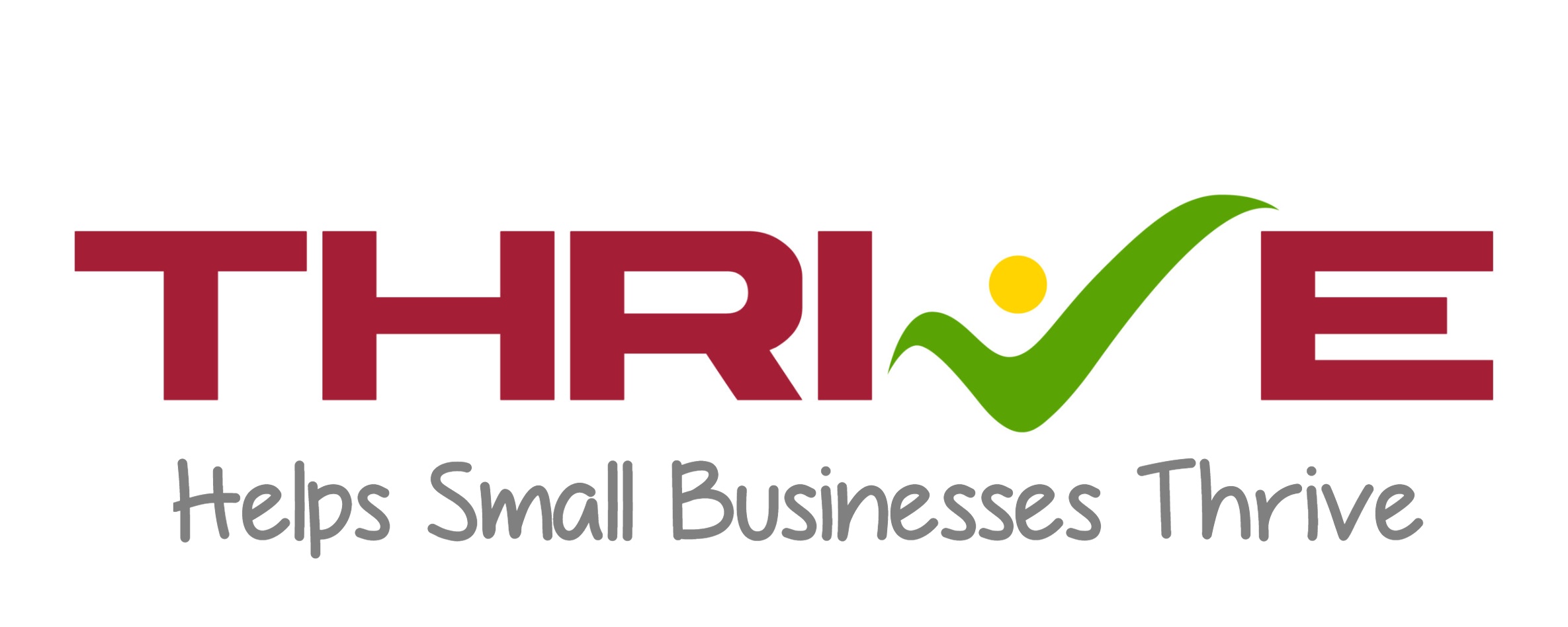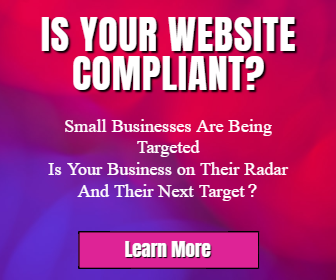Introduction to Social Media Marketing:
Social media marketing is a powerful tool that businesses can use to reach their target audience and promote their products or services. With billions of people using social media platforms like Facebook, Twitter, Instagram, LinkedIn, and more, there’s no better way to connect with your customers and build brand awareness. In this blog post, we’ll explore the world of social media marketing and help you determine which platform is best for your business.
The Importance of Influencers in Social Media Marketing:
Influencer marketing has become increasingly popular in recent years, and for good reason. By partnering with influencers who have large followings on social media, businesses can tap into their audiences and gain exposure to new potential customers. But how do you find the right influencers for your brand? And what kind of ROI can you expect from an influencer campaign? We’ll answer these questions and more as we dive deeper into the world of influencer marketing.

Which Social Media Platform is Best for Your Business:
With so many different social media platforms out there, it can be tough to figure out which one(s) are best for your business. Each platform has its own unique features, user demographics, and advertising options, so it’s important to choose wisely. In this section, we’ll take a look at some of the most popular social media platforms and discuss the pros and cons of each one.
A Comparison of Facebook and Twitter Marketing Strategies:
When it comes to social media marketing, two of the biggest players are Facebook and Twitter. Both platforms have their strengths and weaknesses, and depending on your business goals, one may be better suited for you than the other. Let’s compare some key metrics and strategies for both platforms.
Facebook vs Twitter:
User Demographics:
Facebook tends to attract older users (35+) while Twitter skews younger (18-29). However, both platforms have a wide range of age groups represented.
Post Length:
Twitter limits posts to 280 characters, whereas Facebook allows for much longer posts. This means that Twitter requires shorter, snappier content, while Facebook gives brands more room to tell their story.
Advertising Options:
Both platforms offer robust advertising options, including paid search ads, display ads, and video ads. However, Facebook’s targeting options are generally considered to be more advanced, allowing brands to hone in on specific demographics and interests.
Conclusion:
Ultimately, the choice between Facebook and Twitter depends on your business goals and target audience. If you’re looking to reach a younger demographic and want to focus on short, punchy content, then Twitter might be the way to go. On the other hand, if you’re targeting an older demographic and want to create long-form content, then Facebook could be a better fit. Remember, social media marketing is all about testing and experimentation, so don’t be afraid to try out different platforms and see what works best for your business.





